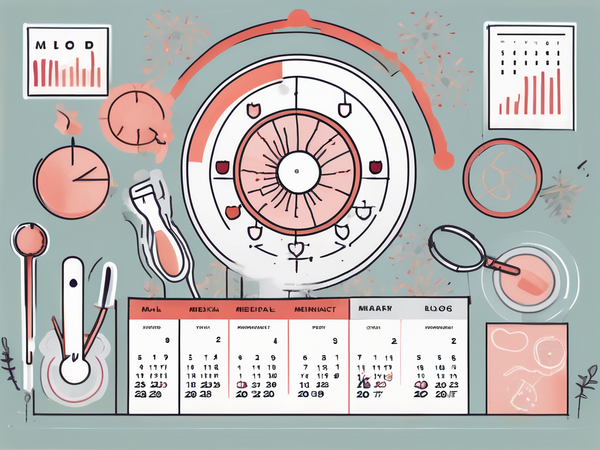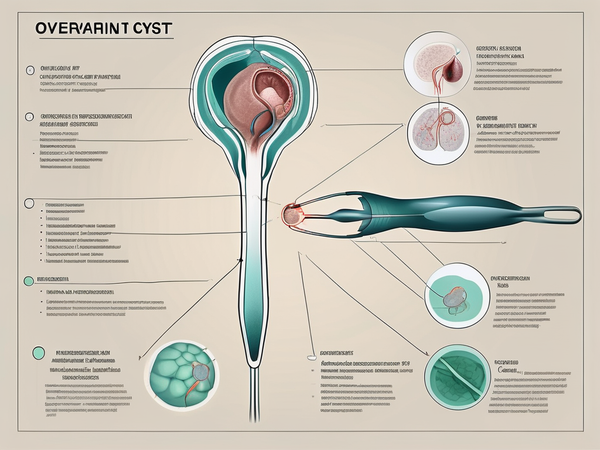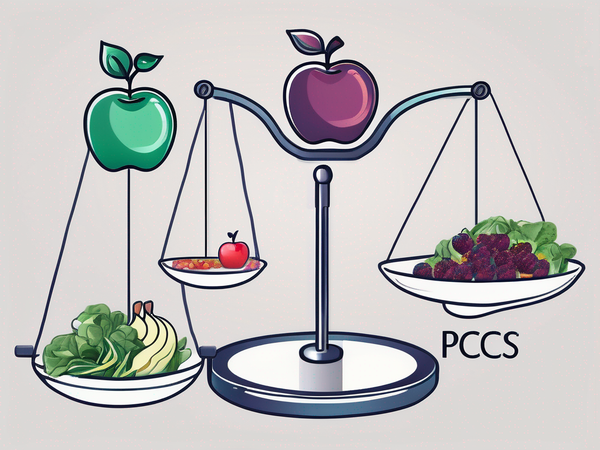Explore the importance of magnesium supplementation for pregnant women and its role in pregnancy, such as fetal development, prevention of preeclampsia and eclampsia, uterine contractions, and breastfeeding.
Understanding the Role of Magnesium in Pregnancy
Magnesium plays a vital role in a healthy pregnancy, playing numerous biochemical reactions essential for the well-being of both the mother and the fetus. It supports proper cell division and maintains DNA integrity, making it indispensable during pregnancy. Healthcare professionals strongly recommend magnesium supplementation due to the significant increase in demand during pregnancy, challenging to meet through the diet alone. As the fetus grows, so does the need for magnesium to support various physiological processes. Despite being found in foods like green leafy vegetables, nuts, and whole grains, these sources may not suffice to meet the heightened demand during pregnancy.
The Importance of Magnesium Supplementation
Magnesium is required during pregnancy for several reasons. Supplementation with magnesium during pregnancy can help prevent deficiencies that may lead to complications. It has been shown to reduce the risk of preterm labor, low birth weight, and gestational hypertension.
Additionally, magnesium supplementation can help alleviate common pregnancy discomforts such as leg cramps, muscle spasms, and insomnia. By maintaining optimal levels of magnesium, expectant mothers can experience a more comfortable and enjoyable pregnancy. It aids in the regulation of blood glucose levels, blood pressure, and muscle function, bringing about a sense of balance that is essential for a smooth pregnancy journey. After parturition or delivery, magnesium supplementation also helps alleviate postpartum depression.
However, it is important to consult with your healthcare provider before starting any new supplement to ensure that the dosage is appropriate for your specific needs. They will be able to assess your requirements and recommend the right magnesium supplement for you.
Magnesium and Fetal Development
The availability of magnesium during fetal development is crucial for various physiological processes. Adequate magnesium levels support proper bone formation, brain development, and the development of the nervous system.
Furthermore, magnesium is involved in the synthesis of DNA and RNA, which are essential for the accurate transfer of genetic information from the parents to the developing embryo. This ensures that the baby inherits the correct genetic traits and has a strong foundation for healthy growth and development.
By ensuring sufficient magnesium intake during pregnancy, expectant mothers can contribute to the long-term health and well-being of their children. Studies have shown that children born to mothers with adequate magnesium levels during pregnancy may have a reduced risk of certain health conditions later in life, such as asthma and allergies.
In conclusion, magnesium plays a vital role in supporting a healthy pregnancy and optimal fetal development. Through proper supplementation and a balanced diet, expectant mothers can ensure that they are providing their bodies and their babies with the necessary levels of magnesium for a smooth and successful pregnancy journey.
Magnesium as a Preventive Measure for Preeclampsia and Eclampsia
Preeclampsia and eclampsia are serious complications that can arise during pregnancy, affecting both the mother and the unborn baby. Magnesium has shown promising results in preventing and managing these conditions.
The Connection Between Magnesium and Preeclampsia
Preeclampsia, characterized by high blood pressure and damage to organs such as the liver and kidneys, can have severe consequences if not properly managed. Studies have suggested that magnesium supplementation may reduce the risk of developing preeclampsia.
Magnesium helps to relax blood vessels and improve blood flow, thereby reducing the strain on the cardiovascular system. Additionally, it has been found to have antioxidant properties, protecting against oxidative stress that can contribute to preeclampsia.
Furthermore, magnesium plays a crucial role in regulating calcium levels in the body, which is essential for muscle function and nerve transmission. This mineral also aids in maintaining proper electrolyte balance, which is vital for overall health and well-being during pregnancy. By ensuring adequate magnesium levels, pregnant women may help support their body's ability to cope with the physiological demands of pregnancy and reduce the risk of complications such as preeclampsia.
How Magnesium Helps in Preventing Eclampsia
Eclampsia is a more severe form of preeclampsia and is characterized by seizures. Magnesium sulfate is commonly administered as a preventive measure for women at high risk of developing eclampsia.
Magnesium sulfate works by acting as a central nervous system depressant and reducing the excitability of the nerves and muscles. This helps to prevent or lessen the severity of seizures, protecting both the mother and the baby.
In addition to its role in preventing seizures, magnesium sulfate also has a vasodilatory effect, meaning it helps to widen blood vessels and improve blood circulation. This can be particularly beneficial in cases of eclampsia where there is a risk of restricted blood flow, as it can help maintain adequate oxygen and nutrient delivery to both the mother and the fetus. By supporting cardiovascular function, magnesium sulfate contributes to a healthier pregnancy outcome for women at risk of developing eclampsia.
Magnesium's Impact on Uterine Contractions and Breastfeeding
Magnesium also plays a significant role in uterine contractions during labor and supports breastfeeding mothers.
Magnesium and Uterine Contractions
During labor, magnesium helps regulate uterine contractions by inhibiting the release of certain hormones that trigger contractions. This allows for more coordinated and controlled contractions, reducing the risk of complications during delivery.
Magnesium also influences labor pains. It is worth noting that the dosage and administration of magnesium during labor are closely monitored by healthcare professionals to ensure optimal outcomes for both the mother and the baby.
Moreover, magnesium's role in uterine contractions extends beyond labor and delivery. In the postpartum period, magnesium continues to support the uterus as it contracts back to its pre-pregnancy size. This process, known as involution, is crucial for the mother's recovery and overall health.
The Role of Magnesium in Breastfeeding
Magnesium is necessary for the production and regulation of breast milk. Adequate magnesium levels support the synthesis of enzymes and hormones involved in milk production.
Furthermore, magnesium aids in the contraction and relaxation of the mammary glands, facilitating the release of breast milk and ensuring a steady milk supply for the nursing baby.
Additionally, magnesium plays a vital role in the transfer of nutrients from the mother to the infant through breast milk. This essential mineral helps maintain the quality of breast milk, providing the baby with the necessary nutrients for healthy growth and development.
Determining the Right Dosage of Magnesium for Pregnant and Breastfeeding Women
When it comes to magnesium supplementation during pregnancy and breastfeeding, it is essential to determine the appropriate dosage for individual needs. While the recommended dosage of magnesium for pregnant women is between 100-400 mg, several factors influence the dosage, and caution should be exercised to ensure optimal benefits while minimizing potential risks.
During pregnancy and breastfeeding, the demand for magnesium increases due to its vital role in various physiological processes. Magnesium plays a crucial role in supporting the development of the baby's bones, regulating blood sugar levels, maintaining healthy blood pressure, and promoting proper muscle and nerve function.
Factors Influencing Magnesium Dosage
Each woman's body is unique, and the requirements may vary. Factors such as age, weight, overall health, and any pre-existing conditions should be taken into consideration when determining the ideal magnesium dosage. Consulting with your healthcare provider or a registered dietitian specializing in prenatal nutrition can provide personalized guidance based on your specific needs.
It is important to note that magnesium requirements may differ during different stages of pregnancy, as the baby grows and develops. Regular monitoring and adjustment of the dosage may be necessary to ensure adequate intake.
Risks and Precautions in Magnesium Supplementation
While magnesium supplementation is generally safe when taken within recommended doses, it is important to remain cautious. Excessive magnesium intake can lead to complications such as diarrhea, nausea, and in rare cases, cardiac arrhythmias.
It is crucial to follow the recommended dosage provided by your healthcare provider and notify them of any adverse reactions or concerns you may have. They can monitor your magnesium levels through regular blood tests and make adjustments as needed.
Additionally, it is important to consider the source of magnesium supplementation. Choosing high-quality supplements from reputable brands can help ensure purity and minimize the risk of contamination.
By understanding the role of magnesium during pregnancy and implementing appropriate supplementation under professional guidance, you can support a healthy pregnancy, promote fetal development, prevent complications, and ensure a smooth transition into motherhood. Remember, your healthcare provider is your best resource for personalized advice on incorporating magnesium into your pregnancy journey.



























 DOWNLOAD NOW
DOWNLOAD NOW
